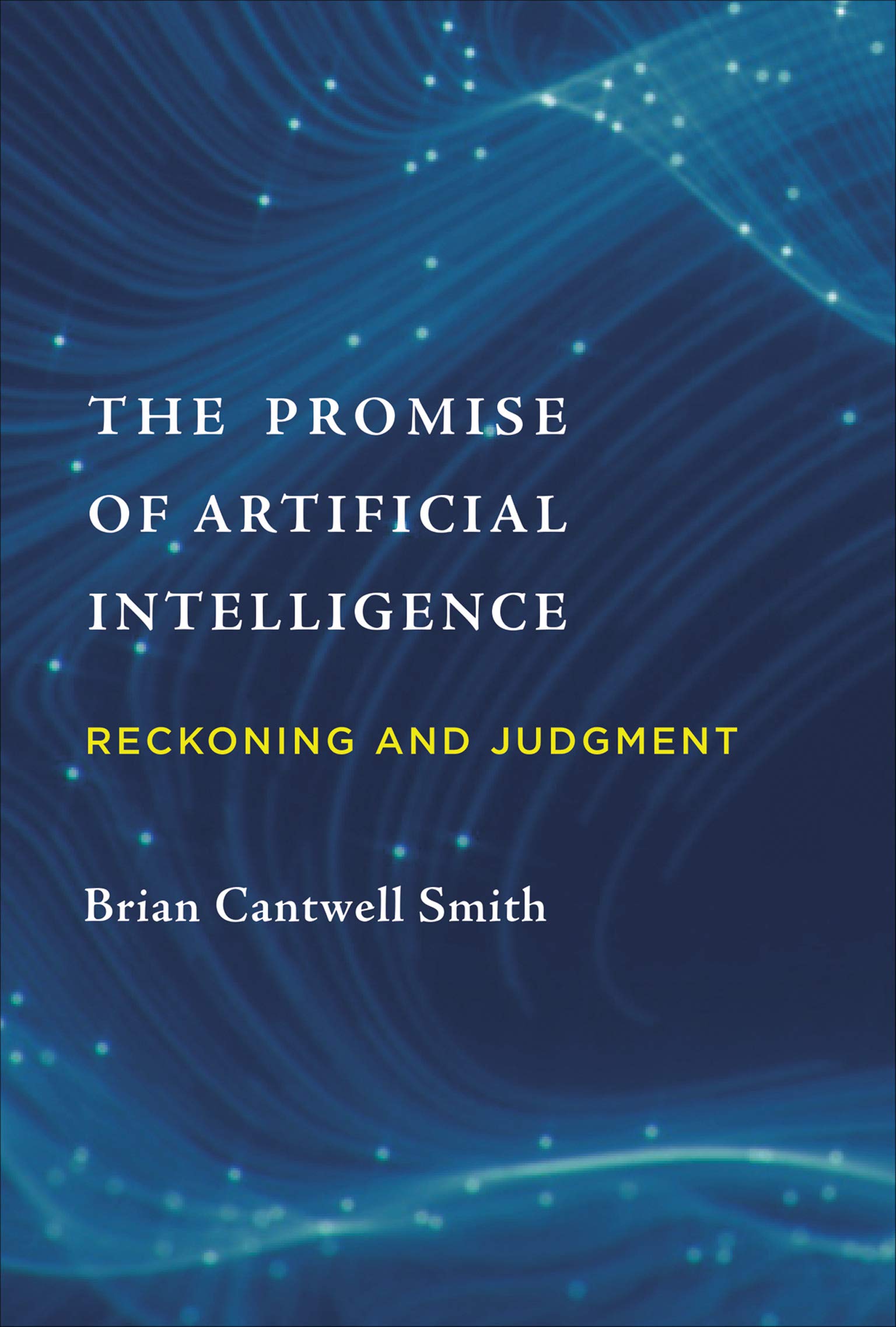What do you think?
Rate this book


178 pages, Kindle Edition
Published October 8, 2019
This is an excellent philosophical treatment of AI. It cuts through the silly superintelligence debate and focuses on the real question of AI: what would it take for a system to be intelligent? Smith carefully constructs a theory of intelligence, rooted in his general theory of what the world is and how the mind relates to it. He argues that the key activity of the human mind is 'judgement', that the world is a 'plenum' of infinite richness and variety, and that 'intelligence' is the ability judge what is what despite the unsurmountable richness of reality.
Unlike more superficial thinkers like Nick Bostrom or Max Tegmark, Smith actually considers how AI systems are being constructed today, and considers whether they are capable of judgement. He faults the early AI systems for adopting a far too rigid and formal ontology, which could not account for the richness of the world. He faults modern deep learning systems for immersing themselves entirely in the flux of data, without the ability to hop out of the worldflow to consider alternative conceptualisations. These critiques are telling, and Smith is certainly right that without a revolution in AI engineering, true Artificial General Intelligence is currently nowhere in sight.
I would highly recommend this book to anyone interested in AI. It makes a fine philosophical counterpart to Melanie Mitchell's more practical Artificial Intelligence: A Guide for Thinking Humans. Smith's argument that contemporary AI systems lack engagement with the world is essentially equivalent to Mitchell's argument that contemporary AI systems haven't yet 'crashed the barrier of meaning'. Smith's points may or may not be particularly original, but his presentation of them is clear, concise, and thoughtful.
Moreover, because even objects to which you may seem causally connected, must, in order to be objects, have a past and future, both of which are beyond effective reach (physics prohibits direct causal connection with either past or future)